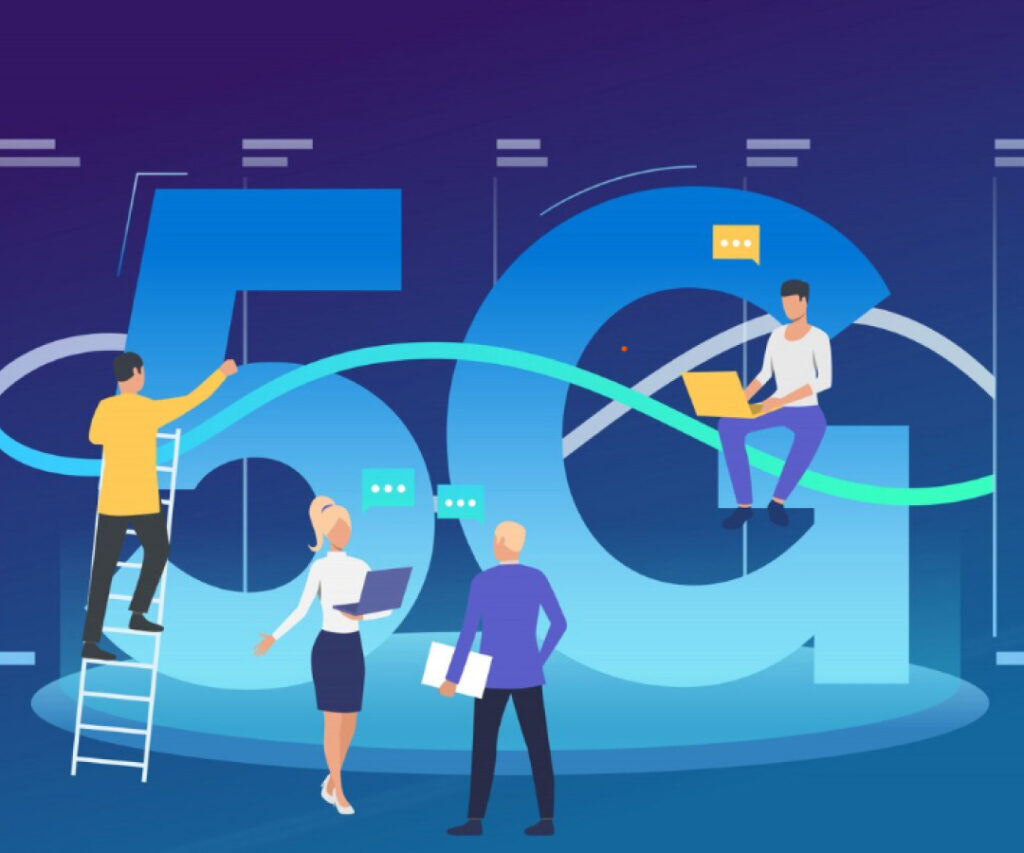Introduction
The advent of 5G technology has sparked a transformative revolution in the realm of global connectivity, promising unprecedented speeds, low latency, and a myriad of possibilities for industries and individuals alike. As the fifth generation of wireless technology, 5G is not merely an upgrade; it’s a catalyst for innovation that is reshaping the way we communicate, work, and experience the digital world. In this exploration, we delve into the multifaceted impact of 5G on global connectivity and its far-reaching implications.

Revolutionizing Network Speeds and Capacity
At its core, 5G is synonymous with speed. With significantly faster data transfer rates compared to its predecessor, 5G unlocks the potential for near-instantaneous downloads, seamless streaming, and an overall enhanced user experience. This surge in speed not only caters to the growing demand for high-quality multimedia content. But also sets the stage for innovations in emerging technologies like augmented reality (AR), virtual reality (VR), and the Internet of Things (IoT).
Low Latency, High Reliability
One of the defining features of 5G is its remarkably low latency. This low latency reduces the time it takes for data to travel between devices. The near real-time responsiveness of 5G is a game-changer. It is particularly beneficial for applications requiring instant interactions. These applications include autonomous vehicles, remote healthcare, and industrial automation. The high reliability of 5G networks is another crucial aspect. It ensures a consistent and stable connection. This reliability lays the foundation for critical applications that demand precision and dependability.
Empowering the Internet of Things (IoT)
As the backbone of the IoT ecosystem, 5G plays a pivotal role in connecting an ever-expanding network of devices. From smart homes and cities to industrial sensors and autonomous machines, 5G’s robust connectivity facilitates seamless communication between devices, enabling a new era of interconnectedness. This has profound implications for efficiency, automation, and the overall advancement of smart technologies.
Transforming Industries with Industry 4.0
The integration of 5G aligns with the principles of Industry 4.0, fostering a new wave of digital transformation. Manufacturing processes, logistics, and supply chain management stand to benefit from the low-latency, high-reliability characteristics of 5G. The ability to connect and control a multitude of devices simultaneously opens avenues for smart factories, predictive maintenance, and unparalleled efficiency in industrial processes.
Enhancing Telecommunications and Remote Work
The impact of 5G on telecommunications is profound, enabling clearer and more reliable voice and video communication. In the era of remote work, 5G empowers individuals and businesses with a robust and low-latency connection, facilitating virtual collaboration, online meetings, and a seamless remote work experience. The increased capacity of 5G networks supports the growing demand for bandwidth-intensive applications, ensuring a smooth transition to a more connected and flexible work environment.
Revolutionizing Healthcare Services
In the healthcare sector, 5G introduces a new era of possibilities. From remote patient monitoring to telemedicine and advanced medical imaging, the low latency and high bandwidth of 5G networks facilitate real-time data transmission and enhance the delivery of healthcare services. This is especially crucial in emergency scenarios where split-second decisions can make a significant difference.
Smart Cities and Sustainable Urban Development
5G plays a pivotal role in the development of smart cities, where interconnected devices and sensors contribute to efficient urban management. From traffic control and waste management to energy consumption optimization, 5G enables the seamless integration of technologies that enhance the quality of life for residents while promoting sustainability and resource efficiency.
Challenges and Considerations
Despite its transformative potential, the widespread adoption of 5G also comes with challenges. Infrastructure development, spectrum allocation, and cybersecurity concerns are among the factors that need careful consideration. Additionally, addressing the digital divide to ensure equitable access to 5G technology is a crucial aspect of its global implementation.
Conclusion
In conclusion, the impact of 5G on global connectivity is nothing short of revolutionary. As this transformative technology continues to roll out across the globe, its influence extends beyond faster internet speeds to fundamentally reshape industries, empower individuals, and pave the way for a more connected, efficient, and innovative future. The ongoing deployment and evolution of 5G represent a pivotal chapter in the narrative of the digital age, offering a glimpse into a world. Where connectivity is not just fast but also a catalyst for positive change across diverse sectors of society.



Your point of view caught my eye and was very interesting. Thanks. I have a question for you.
Thanks for sharing. I read many of your blog posts, cool, your blog is very good.
Can you be more specific about the content of your article? After reading it, I still have some doubts. Hope you can help me. https://accounts.binance.com/pl/register?ref=YY80CKRN